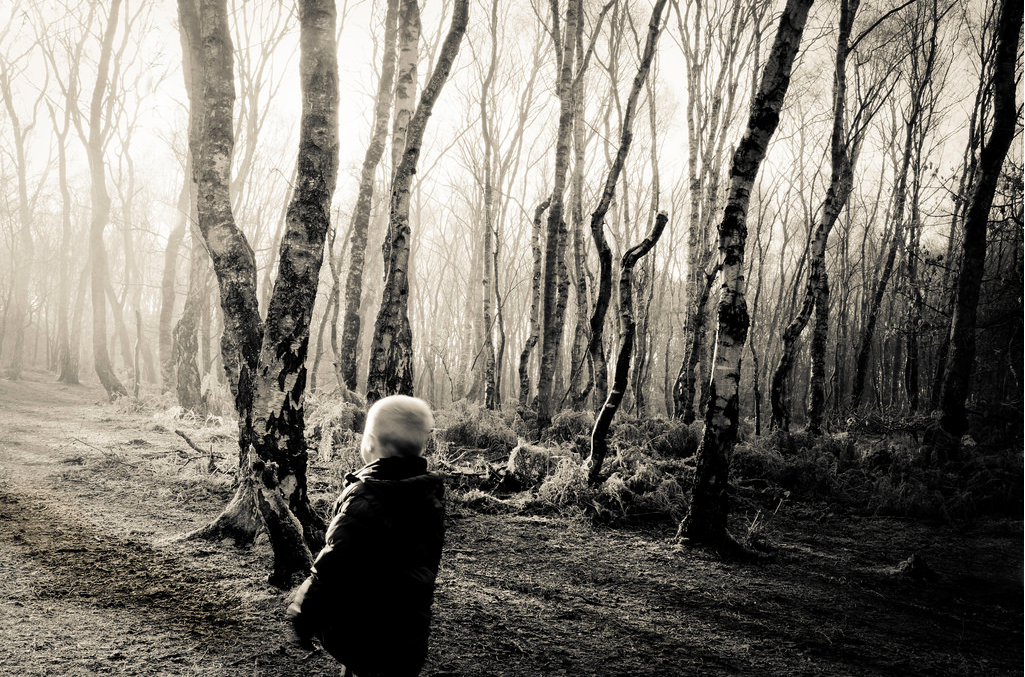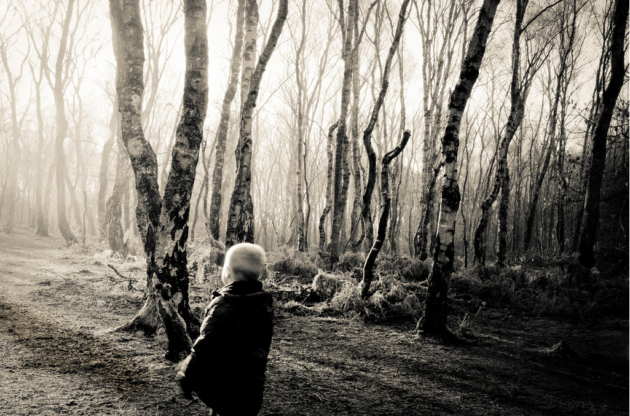
I Don’t Want My Daughter to Have My Holocaust Nightmares

Flickr.com, Philip Jones.
My mother claims she didn’t know about my reoccurring nightmares. I can’t imagine that I didn’t tell her, as I told her everything then. Has she forgotten? Or did I keep these dreams to myself because she’d already lived through that particular fear? I don’t know if I was aware of protecting her, or the need to do so. It’s possible that the dreams dissipated into my Midwestern morning routine—unloading the dishwasher, breakfast at our round kitchen table, the hilly trek to school where I was always the only Jewish child in my class. That is, until the next time.
In the dreams, I’m being chased, though at first it’s not clear by whom. As I run, I’m scanning for a hiding place, somewhere I won’t be detected by the men and their barking dogs. Sometimes this dream takes place in the outdoors, in woods not unlike those in my backyard—with its old hickory trees and oaks, low brush and vines that bottom out at a thin, patchy tributary to Hinkson Creek. In my waking life, I like to walk along the creek, watching water bugs skim the surface and thinking up story ideas. But in the dreams, the trees I love are too thin to hide behind, the lowest branches too high for me to reach.




One comment on “I Don’t Want My Daughter to Have My Holocaust Nightmares”
Comments are closed.